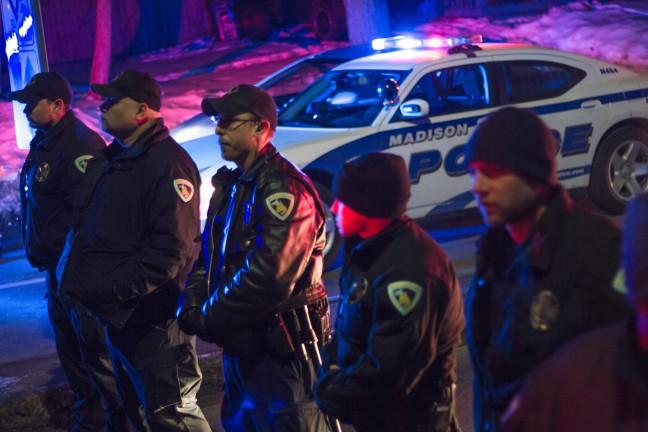Despite a city-wide call for police reforms after the death of Tony Robinson, the Madison Police Department has failed to take substantial steps forward.
Tony Robinson’s death: a portrait of a life ended, a life halted, a community united
Nearly a year later, MPD has yet to put body cameras on their officers. In fact, MPD has put off discussion considering the potential use of body cameras, because the community voted that it would rather focus on “building trust between the police and community.”
But body cameras would help put the community at ease and help facilitate trust building between the police and community.
The men and women in uniform that keep our community safe and protect us from crime have one of the hardest, most stressful jobs in America. During a period in which some of their co-workers have used deadly force in questionable ways, police men and women now also have one of the most scrutinized professions.
But body cameras would do more than just put citizens’ mind at ease. Implementing body cameras into the police force both in the city and state would put officers’ minds at ease knowing, if they do the right thing, the camera will hold them innocent if an incident occurs. Communities will be also able to put their minds at ease knowing the body cameras would capture any wrongdoings.
MPD is right to focus on building trust with the community, but body cameras are an integral part in building that trust — they are not a separate issue.
It’s the curse of the 24/7 news cycle, the mass public moves on and forgets about events fairly quickly. And with that, body cameras have been pushed to the back burner. In the past year, MPD and many other departments have failed to implement a baseline standard of reforms.
Body cameras are integral to building trust with the community and it would be a shame if those reforms fell to the way side.
Luke Schaetzel ([email protected]) is a sophomore majoring in political science and journalism.














